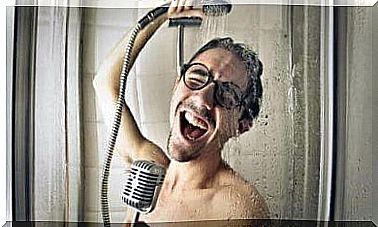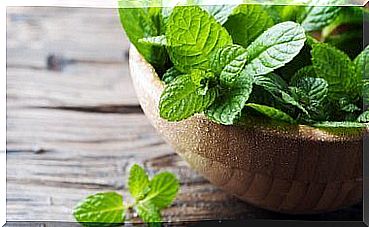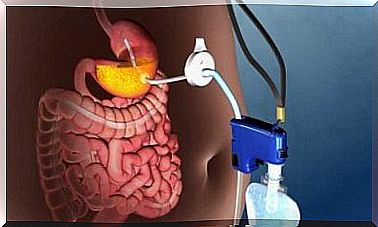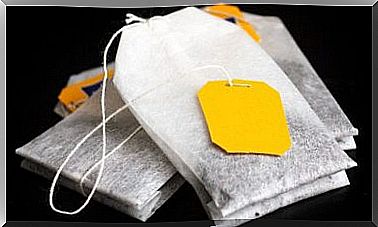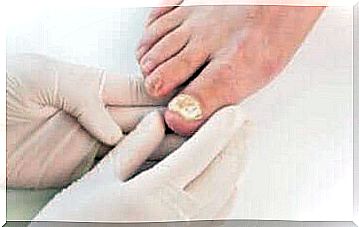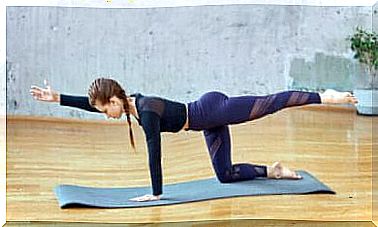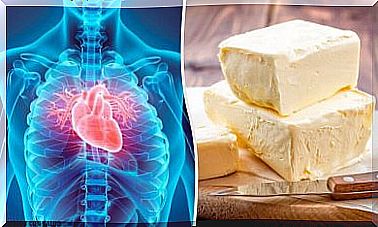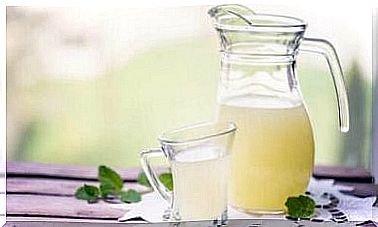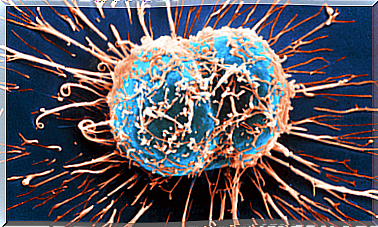5 Items In Your House That Collect Bacteria
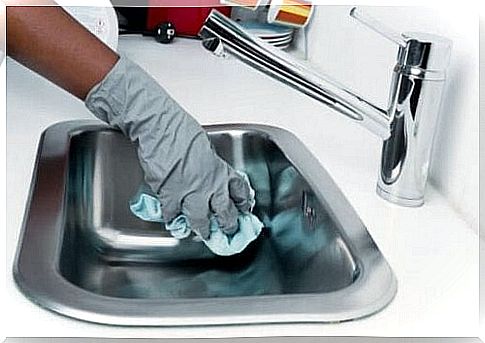
Many people are surprised that certain items in your home that are considered hygienic collect bacteria and germs. Is this a health risk? What should you do?
First, it is important to know that the house is permanently inhabited by a significant number of bacteria. Even though they are not a constant threat, they can still cause damage.
Even though you may make sure your house is always clean, we all come into contact with many germs day in and day out. The more people living in the house, the more these harmful organisms reproduce and pose a threat to our health.
Read on and we’ll let you know the five most common items in your home that collect bacteria.
5 objects in your house that collect bacteria
After looking at the following list, you will know which items to pay attention to when cleaning and disinfecting.
1. The toilet
It makes sense that we start with the object that evokes the whole idea of bacteria. Yet many publications have assured us that toilets are not as dirty as several other objects we touch every day, such as a menu in a restaurant.
Due to the function of toilets, they are in constant contact with many germs that are harmful to our health. Therefore, it is recommended to clean it once a week, including the reservoir. This way the entire toilet is clean.
2. Sponges
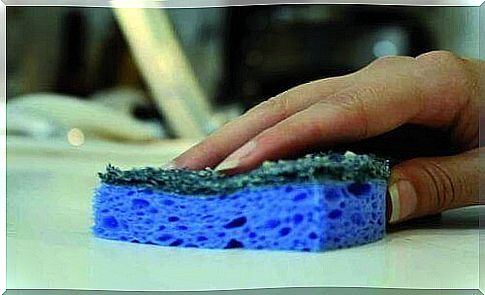
Despite having a tendency to go unnoticed, sponges are one of the most common items in your home where bacteria collect – and a lot of them.
It makes sense when you think about it: they mix the remains of food with moisture. This is the ideal environment for the spread of micro-organisms in the house.
- We recommend changing a sponge every week, even if it seems excessive.
- Another option is to clean the sponge with a mixture of 90% water and 10% bleach. You can do this once, then it is best to recycle the sponge and use it to clean the bathroom or sink.
In addition, the fact that sponges share the kitchen with cloths that are usually damp makes the risk of contamination even greater. It’s almost an obligation that you clean your sponge after every use.
3. Sheets
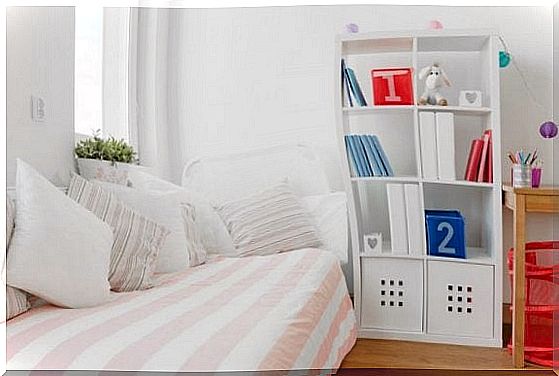
Have you ever considered that the place where you sleep every night is full of bacteria? We recommend changing the sheets every week. That actually makes sense.
The argument is that sheets store the flakes, lotion, and grime we take to bed every night. It is also advisable to air them out a little when you get up before you make the bed. This prevents germs from being trapped and multiplying.
4. The sink in the kitchen and bathroom
It may sound strange that objects in your home that have constant water flowing through them can collect so much bacteria. In reality, however, that is the case.
The sink in the kitchen is in permanent contact with food residues. The combination of humidity in sinks and food scraps is perfect for bacteria to collect and multiply.
Of course, you can avoid this with proper cleaning and disinfection of the sink after each use. In addition, it is vital to prevent the accumulation of germs during the night.
On the other hand, in the bathroom are also perfect places for mold to appear such as:
- washbasins
- taps
- bathtub
Flakes and dead skin cells from the body and moisture are catalysts for germs to grow. In addition, the sink in the bathroom often has corners that are difficult to clean, and this promotes the growth of mold.
5. Toothbrushes
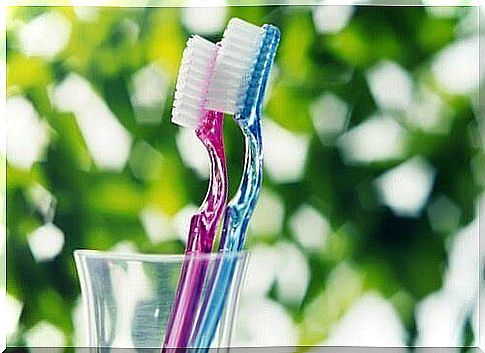
Believe it or not, these little brushes also tend to collect bacteria. This applies in particular to the following types:
- staphylococci
- E. coli
- pseudomonas
- gut bacteria
These are germs that can cause serious problems if not controlled in time.
At the same time, the cup you keep these items in is also one of the items in the house that accumulates millions of bacteria. It is advisable to rinse the cup daily to avoid the build-up of water and dust that collects in it.
Other objects in your home where bacteria collect
We can also add the following items in your home that we deal with on a daily basis:
- mobile phones
- TV and remote controls
- the floor of the house
- tables
- bags and backpacks
- chopping blocks
- towels
- computer mouse and keys
- doorknobs
As you can see, we come in daily contact with many objects in the house that collect bacteria. At the same time, there is no need to worry. Our body can defend itself against these germs.
Nevertheless, you should still take precautions to keep your environment clean and healthy.
